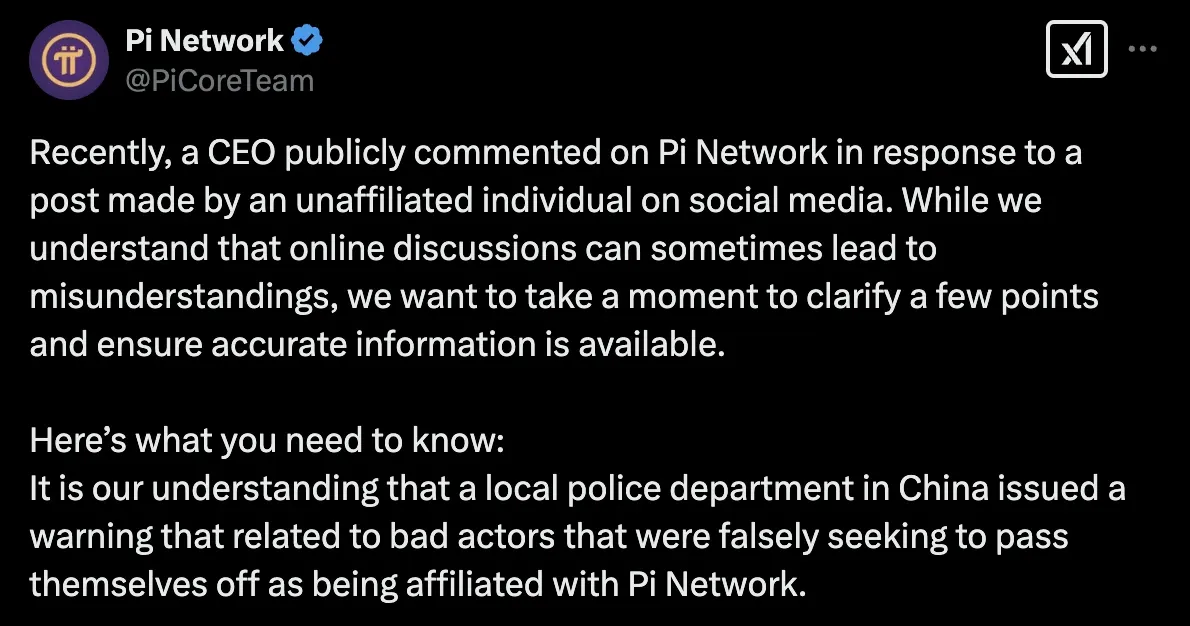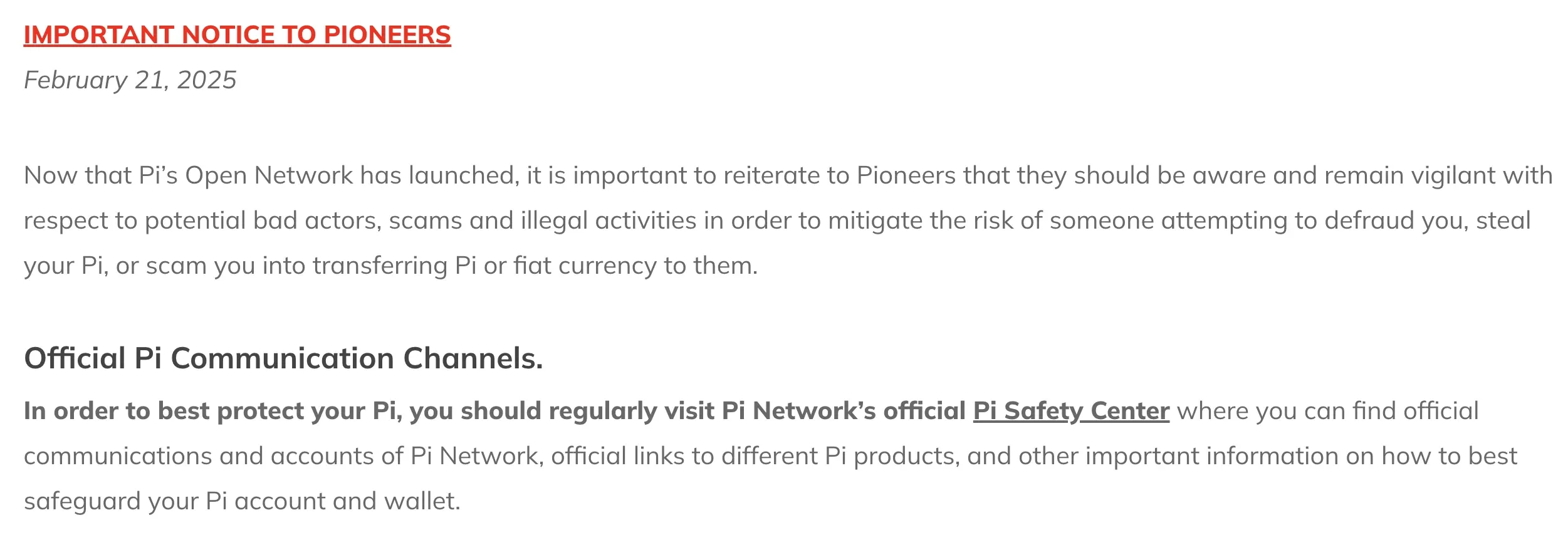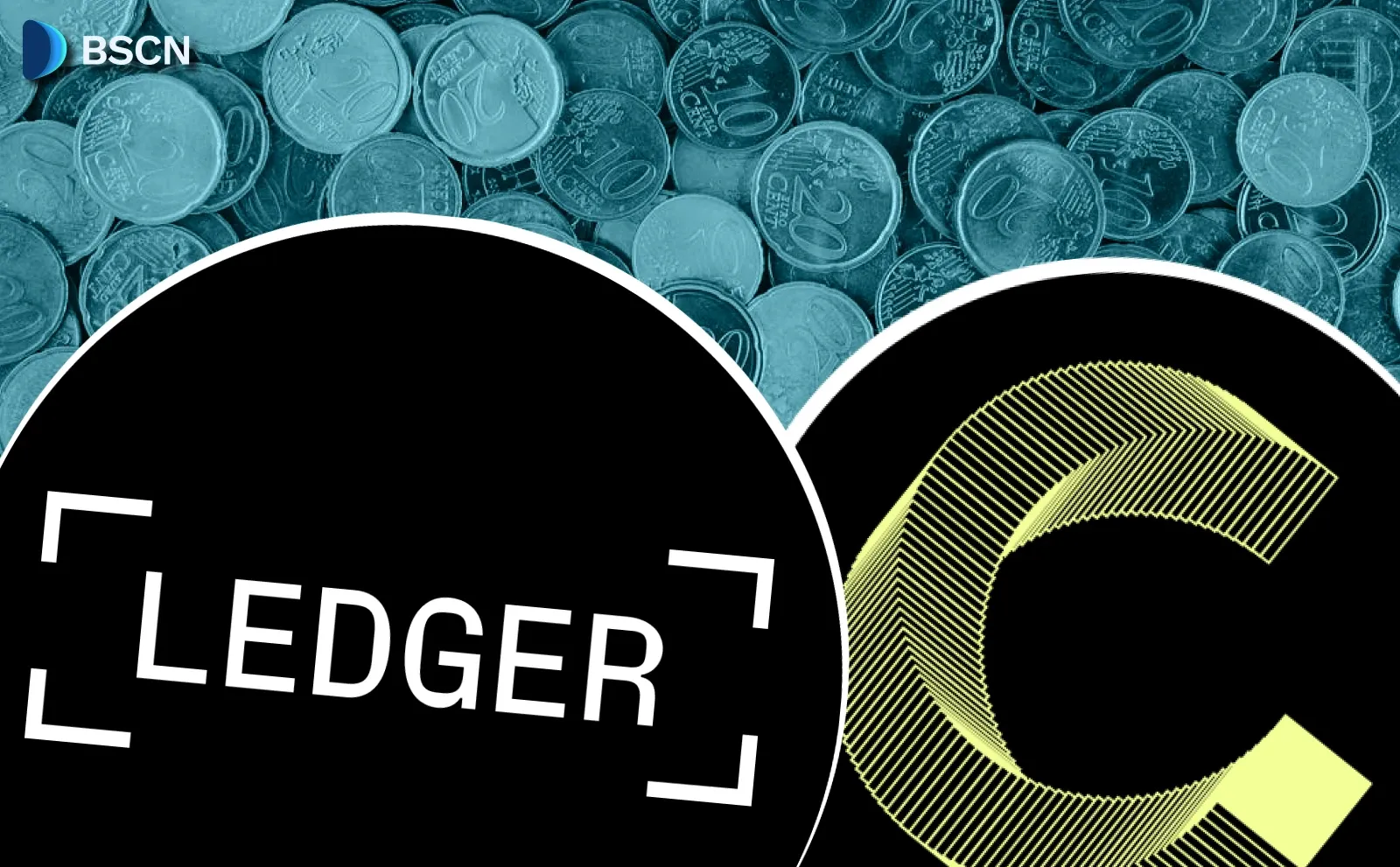Pi Network Officially Responds to Bybit CEO's Allegations

Pi Network has issued a full response on social media, following allegations from the CEO of Bybit that the project was a scam. Here's what you need to know.
UC Hope
February 22, 2025
Table of Contents
Pi Network has officially addressed recent claims made by Bybit CEO Ben Zhou about the project's legitimacy. The response comes during a significant week for Pi Network, which recently launched its Open Network and secured listings on major cryptocurrency exchanges.
Breaking News: Pi Network Addresses Controversy
In a surprising turn of events, Pi Network has responded to serious allegations made by Bybit CEO Ben Zhou. The response came shortly after Zhou shared concerns about the project on social media. This development follows the recent launch of Pi Network's Open Network and its listing on several major cryptocurrency exchanges.
What Started the Controversy?
Ben Zhou, who leads the major cryptocurrency exchange Bybit, raised concerns about Pi Network in two recent social media posts. His comments (by chance) came at a difficult time for Bybit, which experienced a massive significant security breach on February 21st. Zhou’s post pointed to what he claimed was a Chinese police warning about Pi Network and said that he believes the project is a scam.
Pi Network's Official Response
Addressing the Chinese Police Report
Pi Network quickly clarified that the police report Zhou mentioned was actually about scammers trying to impersonate Pi Network. The project stated it has never been contacted by Chinese authorities about any issues and strongly spoke out against anyone trying to trick people by pretending to be Pi Network or an affiliate.

Relationship with Bybit
Pi Network made several important points about its relationship with Bybit:
- They have no connection with Zhou or Bybit
- Unlike exchanges such as OKX and Bitget, Bybit has not asked Pi Network to complete their Know Your Business (KYB) process
- The social media post attacking Bybit (that Zhou responded to) came from someone not connected to Pi Network
- The project does not support anyone making negative comments about Bybit or Zhou
Is Pi Network a Scam?
To counter claims about being a scam, Pi Network highlighted several key facts in its post:
- The project has been running for six years
- They have built a community of more than 60 million users
- Like other successful projects, they face challenges with scammers trying to copy them
- They can only do so much to stop these bad actors
New Safety Guidelines Released
Pi Network also published a new safety post to help users stay safe, seemingly in response to the recent allegations. The post includes:
- A list of official Pi Network communication channels
- Warnings about unofficial platforms
- Confirmation that the project has sought legal advice is dealing with scammers
- Clear guidelines for identifying legitimate Pi Network communications

Looking Ahead
The timing of this controversy is significant as Pi Network has just launched its Open Network, and the next few weeks will be crucial for the project. While some people still have questions about Pi Network, their professional response to these allegations and their recent listings on major exchanges like OKX suggest positive momentum and an ability to address inevitable problems.
Analysis
The cryptocurrency community has noted Pi Network's measured response to these allegations. Instead of attacking Zhou or Bybit, they chose to provide clear information and focus on protecting their users from scams. This professional approach, combined with their recent exchange listings, may help build trust in the project over time.
Stay Informed
For the latest updates on this developing story, users should:
- Follow Pi Network's official social media accounts
- Read the complete new post on Pi Network's website
- Watch for any responses from cryptocurrency industry leaders
- Keep track of Pi Network's progress and official communications
This story highlights the ongoing challenges in the cryptocurrency industry, where some projects must constantly prove their legitimacy while protecting users from scams. Pi Network's response demonstrates how cryptocurrency projects can professionally handle public criticism while maintaining focus on their development goals. Only time will tell if Pi’s response is enough to convince doubters of the project that they are wrong.
Read Next...
Disclaimer
Disclaimer: The views expressed in this article do not necessarily represent the views of BSCN. The information provided in this article is for educational and entertainment purposes only and should not be construed as investment advice, or advice of any kind. BSCN assumes no responsibility for any investment decisions made based on the information provided in this article. If you believe that the article should be amended, please reach out to the BSCN team by emailing [email protected].
Author
 UC Hope
UC HopeUC holds a bachelor’s degree in Physics and has been a crypto researcher since 2020. UC was a professional writer before entering the cryptocurrency industry, but was drawn to blockchain technology by its high potential. UC has written for the likes of Cryptopolitan, as well as BSCN. He has a wide area of expertise, covering centralized and decentralized finance, as well as altcoins.
Crypto Project & Token Reviews
Project & Token Reviews
Comprehensive reviews of crypto's most interesting projects and assets
Learn about the hottest projects & tokens

















